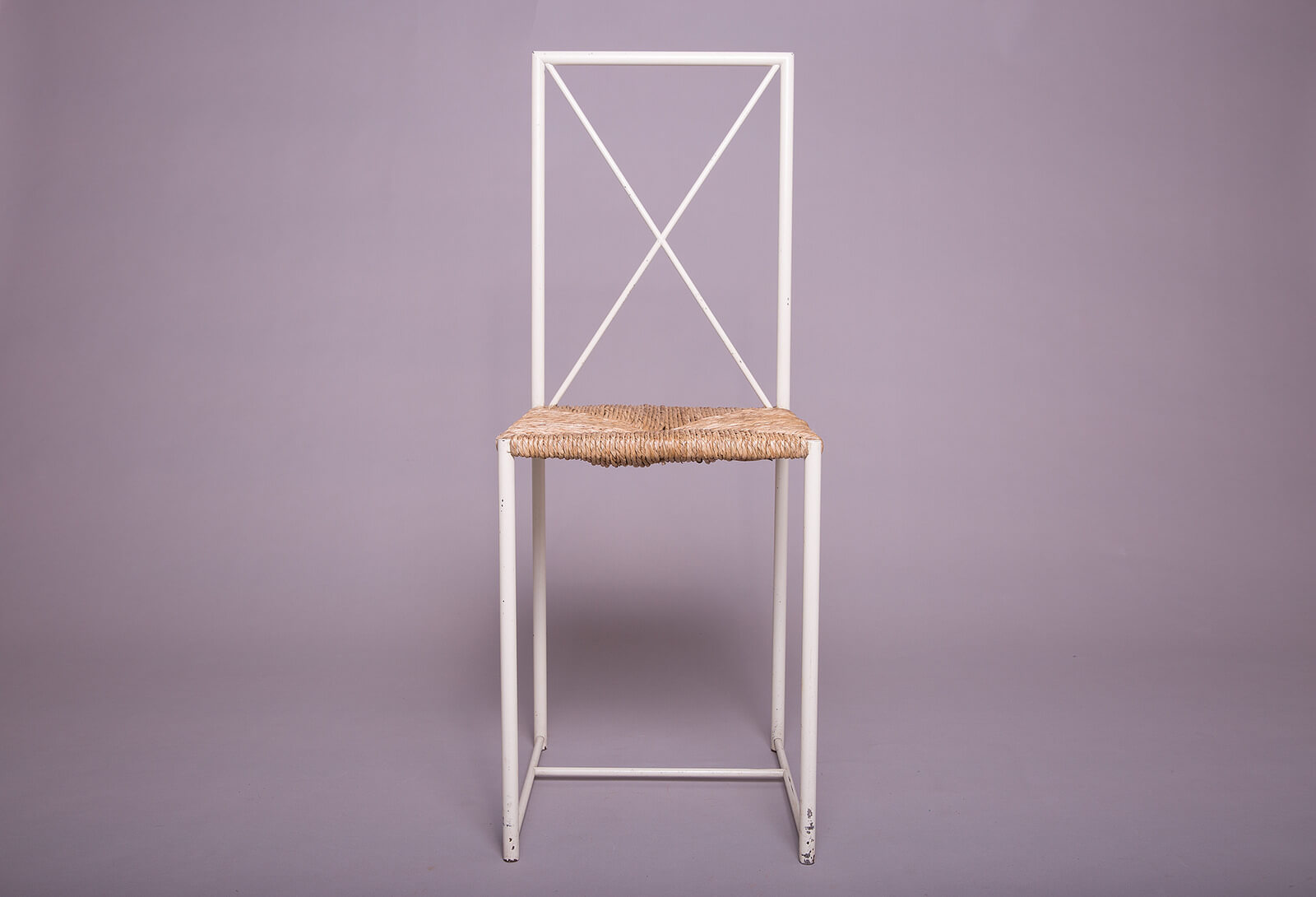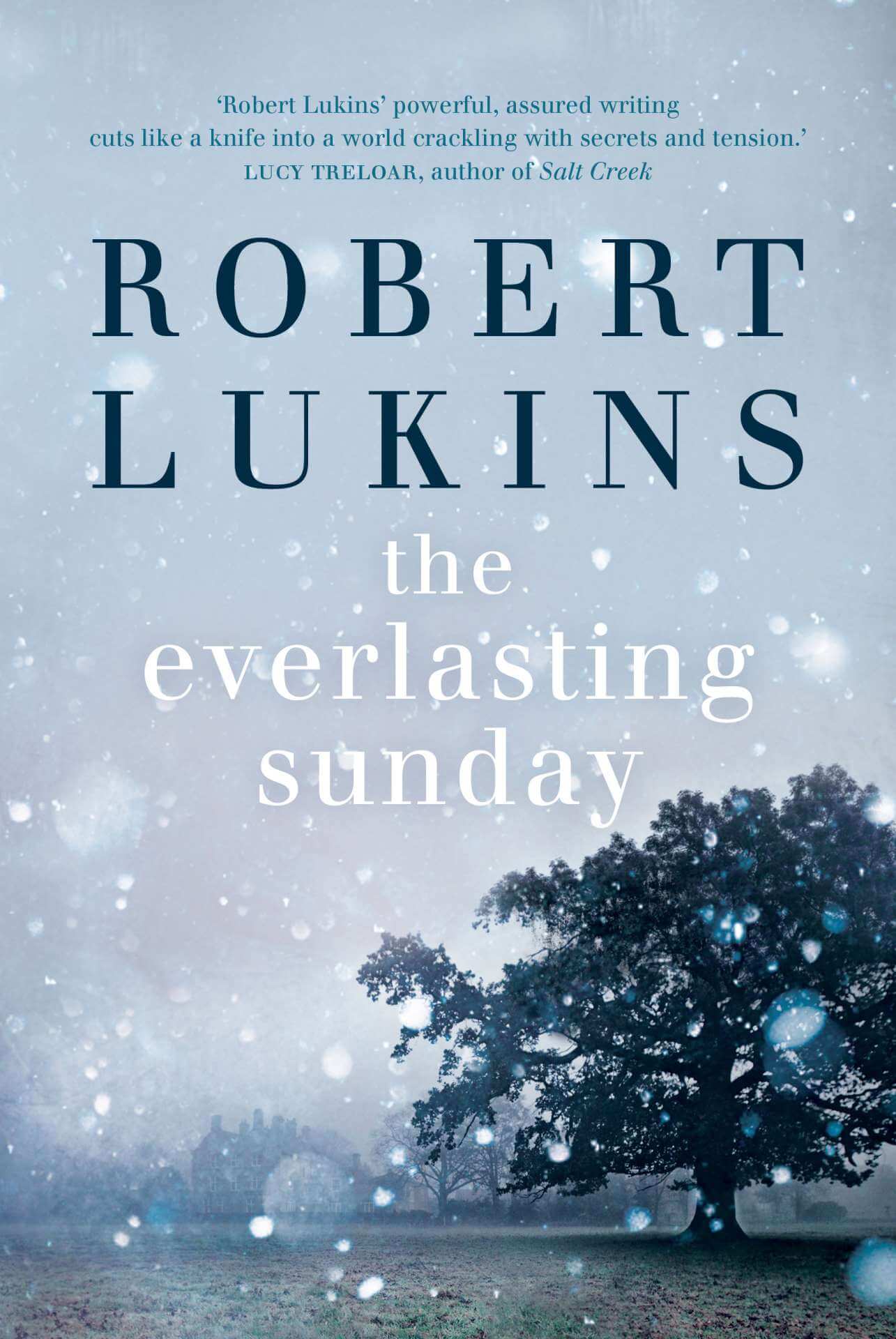This is a creative nonfiction piece by CB Mako showing a real-time response to critique, and its interaction with mental health.
“I have a non-fiction piece to read out loud,” I enthuse, catching my breath from cycling. I settle in the large mahogany table where my writing group is waiting for other members to arrive.
When my editor sent the final revision in the late afternoon, I made a last-minute decision to attend my writing group’s session that evening. The commissioning editor and I were emailing back and forth over the weekend – refining the piece, aiming to finish that week.

Our writing group was undergoing transformation, an evolution of sorts. One of the changes was that each writer would read their piece aloud while the group provided critique and feedback. I’ve never done this before.
I read my piece aloud straight from my laptop screen and make my way through the first paragraph. Before I can finish the second, however, I am stopped mid-sentence.
“Your beginning’s not enough. It’s too enthusiastic. Take out the positive.”
I stiffen and then hesitantly nod. “I was gushing in my fangirl voice in the beginning of the essay,” I explain, looking sheepish.
*
Who wouldn’t be happy when I was in a kid-free place, among writers of diverse backgrounds? Who wouldn’t savour the thrill of the moment when writing events brought me out of the house and into the lively hum of the city, away from the carer role even for an hour or two? For these few-and-far-between events, I forget the worries that plague me, of my daughter’s compromised immunity, one of the long-term effects of chemotherapy. I promised myself to be mindful of the present moment.
As a carer for the last seven years, I’ve seen death too many times. My daughter almost died when she underwent open-heart surgery at three months old. Something went wrong when they took out the pacing wires days before her hospital discharge. A year later, we found ourselves at the cancer ward.
When the months dragged on, I began dreading sunsets. The gloomy orange glow seeped through the windows, onto the sterile floors like stretched shadows of death. The last wisps of outdoor colour blanketed the ward with heavy, sad energy when a child-patient with their frail bodies exhausted from toxic drugs of chemo—
*
“Your writing sounds academic. There are ways to include quotes or referencing authors.”
I nod, focusing on the present discussion, jotting down their feedback as fast as I could. “I did that writing style because I needed proof,” I reply.
*
Research is the backbone in my writing. I love including a list of references in my published pieces, showing I haven’t made things up out of the blue. It also helps prove that I’ve been reading constantly like any eager, studious emerging writer. I need empirical evidence and rationalisation or else no one will believe me. If I write an essay without citation would I raise eyebrows? Would the piece lack weight? Would my fellow writing group members disregard the points I’ve raised? Somehow, this reminded me of past trauma. In a patriarchal, hierarchical society, structural community where I grew up, would anyone believe a child, a girl, a teenager, a young adult, a short, bespectacled wallflower? A woman of colour?
*
“Narrow it down. You have too many ideas and issues,” someone says, interrupting my train of thought. “And remove physiological descriptions, like breathing.”
In my anxious mental state, my muscles tense up and my heart races. Breathing becomes difficult. Countless therapy sessions have taught me that I had to consciously remember to breathe and relax.
And in that moment, I wonder: how long is this feedback going to go? If I knew it would be this bad, I would have increased my anxiety medication that afternoon. Embarrassed, I couldn’t even look at them. Instead, I focus on my scribbled notes.
Without warning, some of the writing group members proffer their snacks. One has bought a box of octagonal-shaped crisps, another brought a box of hot jam doughnuts. I realised I was getting…hangry.
I dip my hand in the all-too-familiar box and grab a hot jam doughnut. I savour the first bite. “Thank you for bringing snacks.” I groan in relief. Deep-fried and rolled in refined sugar, I sink my teeth into the spongy-yet dense and light doughnut. It was still warm. The sweet treat works its way into my blood stream, and I find myself calming down.
“On your piece, that part you mentioned about cycling to the event? It’s dragging the pace."
With my mouth full, I silently scribble their feedback. Didn’t my writing group members know I cycled to-and-from our fortnightly sessions? Slow cycling was my therapy, my sanity. Slow cycling calms me when there are too many angry, condescending voices in my head; to pedal and just feel the moment, concentrate on the present, erase everything else. There are no worries while in motion. In my messed-up head, only the now would matter.
My throat dry, I supress a cough and grab my water bottle.
The moderator notes the time. They’ve dwelled on my piece too long. I jump several paragraphs.
The next group member reads her short piece in one continuous go. No one interrupts her.
I stare in disbelief. Her piece sounded straightforward, perfect.
Deflated, I cycle home, each pedal heavy and strained. I have no energy left.
What do I tell my editor, that the piece that we both worked hard over the weekend was just short of a fuck-up piece, not worthy to be published? My inner broken self thinks that perhaps my group was not used to working with disabled writers? And perhaps, just perhaps, they were not aware of their ableism?
As soon as I get home late evening, I email my editor and ask for an extension of the deadline. I crawl into bed that night, the calming effects of Valium working into my agitated mental state.
The next day—after taking my morning dose of medication—I call my editor. “Can we still change the piece?”
Worry churns in my gut.
“Don’t worry. We’re publishing it.” Her voice sounding resolute, reassuring. I could hear the rumbling of commute in her background.
“If you like, it’s carers week after mental health week. Would you like to move the deadline to that date?” I ask, unsure.
“No worries.”
No worries. I let out a relieved sigh.
Feature image: René Spit, Flickr
Banner image: Sandra Cohen-Rose and Colin Rose, Flickr
 Ideas
Ideas




